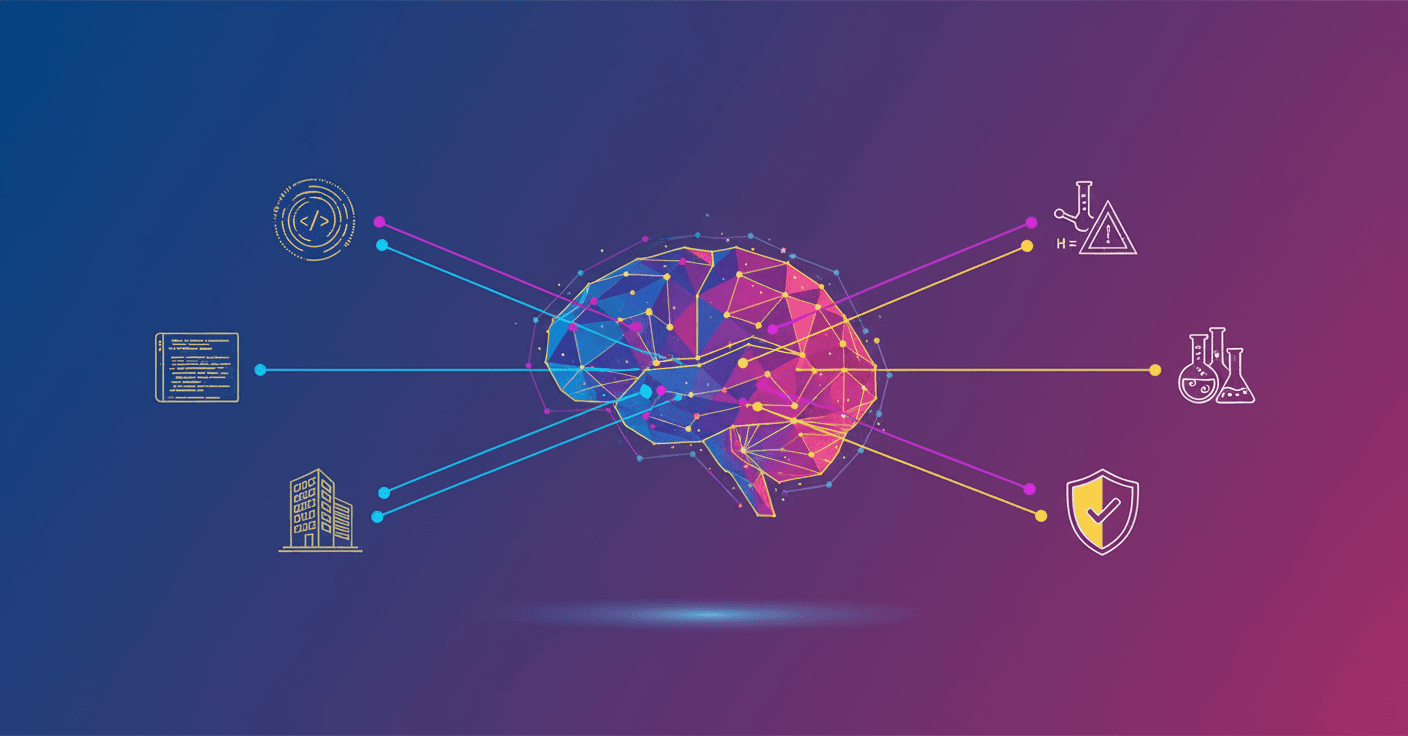Today Google/DeepMind announces that Deep Think —a variant of Gemini 2.5 focused on deep reasoning— is starting to roll out in the Gemini app for Google AI Ultra subscribers. What does this mean in practice and who can it be useful for? Let's break it down without unnecessary technicalities. (deepmind.google)
What is Deep Think and why it matters
Deep Think is a version of Gemini 2.5 designed to dedicate more thinking time (or inference time) to complex problems. Instead of giving a single quick answer, it uses parallel thinking techniques to generate several ideas at once, review them and combine them until it reaches more elaborate solutions.
It sounds philosophical, but the idea is simple: give the AI space to explore hypotheses the way you would when you're working on a tough puzzle. (deepmind.google)
"Deep Think pushes the frontier of thinking capabilities by using parallel thinking techniques." — paragraph adapted from the official post. (deepmind.google)
Practical examples: how can it help you?
-
Development of code: imagine asking the AI to optimize an algorithm or review complexity trade-offs; Deep Think can explore variants and justify why one option is better than another. (deepmind.google)
-
Scientific and mathematical research: it can formulate conjectures, break down long proofs and help review technical literature. Sound useful for research prototypes? Many researchers think so. (deepmind.google)
-
Iterative design and products: from improving the aesthetics of a webpage to proposing phased steps for a software architecture, the AI can work in stages and refine proposals. (deepmind.google)
Performance: medals, benchmarks and context
The Deep Think variant was tied to a model that competed in the International Mathematical Olympiad (IMO) and reached a gold-medal standard; the version released to users is faster and, according to internal evaluations, achieves performance at a Bronze level on the IMO 2025 benchmark. It also scores well on code and reasoning benchmarks like LiveCodeBench V6 and other tests cited by Google.
These numbers don't make the AI infallible, but they do show measurable improvements over earlier versions. (deepmind.google)
Safety and limitations — what you should know
Google reports that, in tests, Gemini 2.5 Deep Think improved on "content safety" and objectivity of tone compared to its Pro version, although it also showed a greater tendency to refuse benign requests. In other words: the AI can become more cautious and sometimes say "no" when you expect an answer.
If you rely on it for critical tasks, it's still good practice to review and validate its outputs. For technical details and safety results, check the model datasheet. (deepmind.google)
How to try Deep Think today
If you're a Google AI Ultra subscriber, you can already enable Deep Think in the Gemini app: select the model 2.5 Pro from the dropdown and toggle the "Deep Think" option in the prompt bar; you'll have a fixed number of prompts per day to use this mode. Deep Think also works with tools like code execution and integrated search, and Google plans to open API access to trusted testers in the coming weeks to explore enterprise and developer use cases.
If you want to go straight to the app: Gemini app. (deepmind.google)
And now what? A practical look for different profiles
-
If you're a student or curious: think of Deep Think as an assistant that can help you break down complex problems into clear steps; use it to practice problem solving, but always verify the answers.
-
If you're a developer: try it on architecture and optimization problems; its ability to reason in stages can save you time in design and testing.
-
If you work in research: the full version (the one that competed in the IMO) is already circulating among some academics; it can speed up explorations, though conclusions should be validated experimentally. (deepmind.google)
Closing
Deep Think is not magic: it's a concrete improvement in how LLMs extend their "thinking time" to explore options and justify decisions. Will this change who does what work? Probably yes, but more as a tool that amplifies human capabilities than as a replacement.
If you have access, try it carefully and, above all, with critical curiosity.
